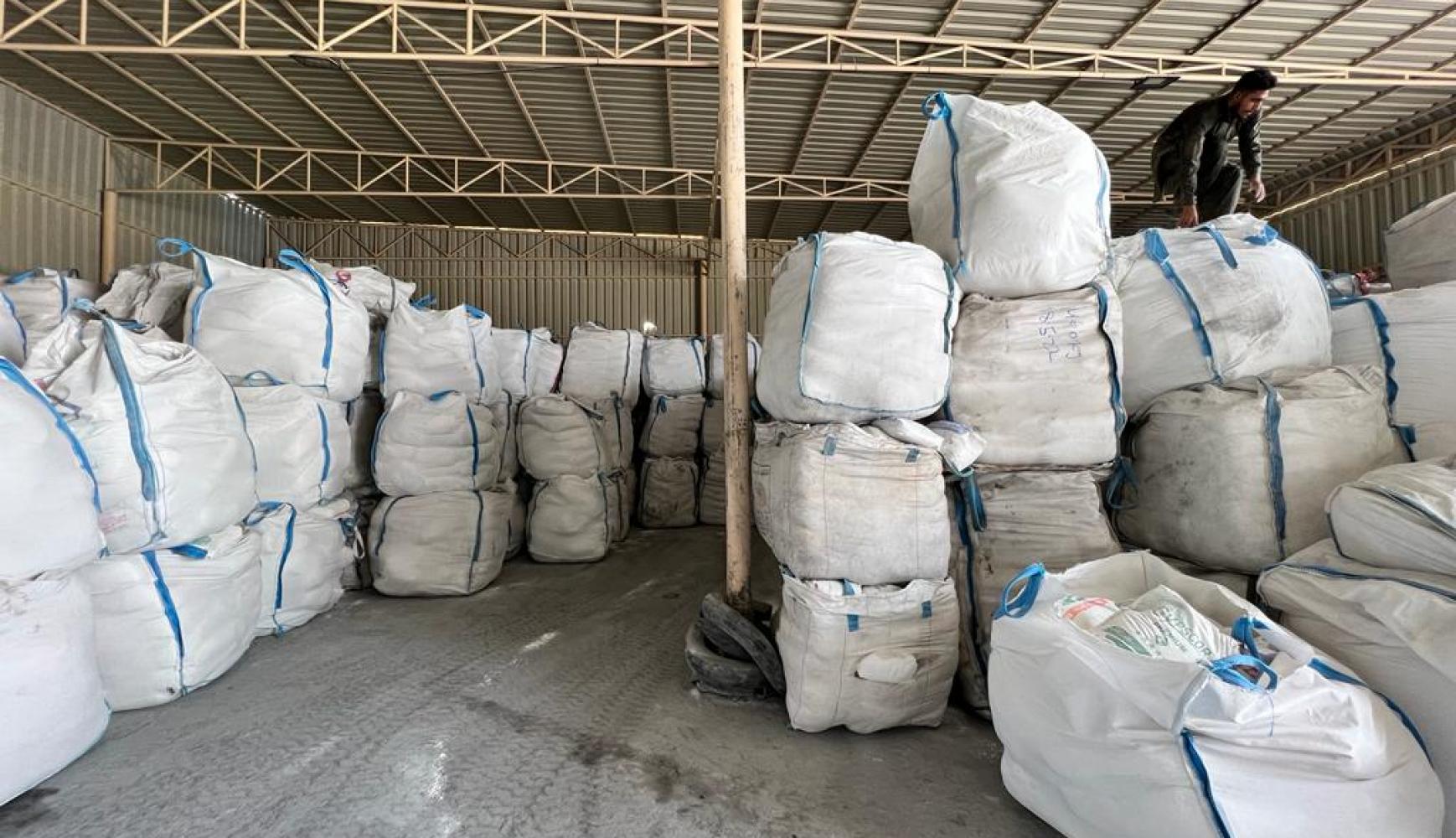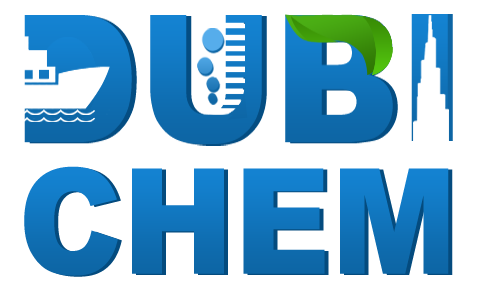
Gypsum Powder manufacturer supplier in BULK in Dubai Sharjah Fujairah Abu Dhabi Ajman UAE Middle East is DUBI CHEM. We are one of the leading manufacturers suppliers and distributors of Gypsum Powder. You can easily identify our Gypsum from any other gypsum powder because we have the best quality of Gypsum Powder which is fully white and very effective chemical powder.
Buy Gypsum Powder for Construction POP work or Plaster work in construction from your Gypsum Powder manufacturer supplier exporter in Dubai Sharjah Fujairah Abu Dhabi Ajman UAE Middle East, Saudi Arabia. Buy Gypsum Powder white color for construction activities in BULK.
We offer Gypsum Powder in UAE Middle East in small quantities as well as in bulk quantities. You can mail us at mail@dubichem.com to order Bag of Gypsum Powder for your construction activities. We are AVAILABLE 24/7 for answering your queries and sending you price quotations of our products.
What is Gypsum?
Gypsum is a soft sulfate mineral composed of calcium sulfate dihydrate, with the chemical formula CaSO₄·2H₂O. It is widely mined and is used as a fertilizer and as the main constituent in many forms of plaster, blackboard or sidewalk chalk, and drywall.
A massive fine-grained white or lightly tinted variety of gypsum, called alabaster, has been used for sculpture by many cultures including Ancient Egypt, Mesopotamia, Ancient Rome, the Byzantine Empire, and the Nottingham alabasters of Medieval England. Gypsum also crystallizes as translucent crystals of selenite. It forms as an evaporite mineral and as a hydration product of anhydrite.
Physical Properties of Gypsum Powder
Gypsum is moderately water-soluble (~2.0–2.5 g/l at 25 °C) and, in contrast to most other salts, it exhibits retrograde solubility, becoming less soluble at higher temperatures. When gypsum is heated in air it loses water and converts first to calcium sulfate hemihydrate, (bassanite, often simply called "plaster") and, if heated further, to anhydrous calcium sulfate (anhydrite). As with anhydrite, the solubility of gypsum in saline solutions and in brines is also strongly dependent on NaCl (common table salt) concentration.
The structure of gypsum consists of layers of calcium (Ca2+) and sulfate (SO2−4) ions tightly bound together. These layers are bonded by sheets of anion water molecules via weaker hydrogen bonding, which gives the crystal perfect cleavage along the sheets.
Uses of Gypsum Powder
Construction industry
- Gypsum board is primarily used as a finish for walls and ceilings, and is known in construction as plasterboard, "sheetrock", or drywall. Gypsum provides a degree of fire-resistance to these materials and glass fibers are added to their composition to accentuate this effect. Gypsum has little heat conductivity, giving its plaster some insulative properties.
- Gypsum blocks are used like concrete blocks in building construction.
- Gypsum mortar is an ancient mortar used in building construction.
- A component of Portland cement used to prevent flash setting (too rapid hardening) of concrete.
Agriculture
- Fertilizer: In the late 18th and early 19th centuries, Nova Scotia gypsum, often referred to as plaster, was a highly sought fertilizer for wheat fields in the United States. Gypsum provides two of the secondary plant macronutrients, calcium and sulfur. Unlike limestone, it generally does not affect soil pH.
- Reclamation of saline soils, regardless of pH. When gypsum is added to sodic (saline) and acidic soil, the highly soluble form of boron (sodium metaborate) is converted to the less soluble calcium metaborate. Exchangeable sodium percentage is also reduced by gypsum application. The Zuiderzee Works uses gypsum for the recovered land.
- Other soil conditioner uses: Gypsum reduces aluminium and boron toxicity in acidic soils. It also improves soil structure, improving water absorption and aeration.
- A wood substitute in the ancient world: For example, when wood became scarce due to deforestation on Bronze Age Crete, gypsum was employed in building construction at locations where wood was previously used.
- Soil water potential monitoring: a gypsum block can be inserted into soil, its electrical resistance measured to derive soil moisture.
Modeling, sculpture and art
- Plaster for casting moulds and modeling.
- As alabaster, a material for sculpture, it was used especially in the ancient world before steel was developed, when its relative softness made it much easier to carve. During the Middle Ages and Renaissance, it was preferred even to marble.
- In the medieval period, scribes and illuminators used it as an ingredient in gesso, which was applied to illuminated letters and gilded with gold in illuminated manuscripts.
Food and drink
- A tofu (soy bean curd) coagulant, making it ultimately a significant source of dietary calcium.
- Adding hardness to water used for brewing.
- Used in baking as a dough conditioner, reducing stickiness, and as a baked-goods source of dietary calcium. The primary component of mineral yeast food.
- Used in mushroom cultivation to stop grains from clumping together.
Medicine and cosmetics
- Plaster for surgical splints.
- Impression plasters in dentistry.
Other
- An alternative to iron oxide in some thermite mixes.
- Tests have shown that gypsum can be used to remove pollutants such as lead or arsenic from contaminated waters.
Order Gypsum Bag Now in Dubai Sharjah Fujairah Abu Dhabi Ajman UAE Middle East Saudi Arabia
Mail us at mail@dubichem.com and get your quotation from our office. We usually have ready stock of 100-200 MT of Gypsum Powder and can supply even more without much time.
